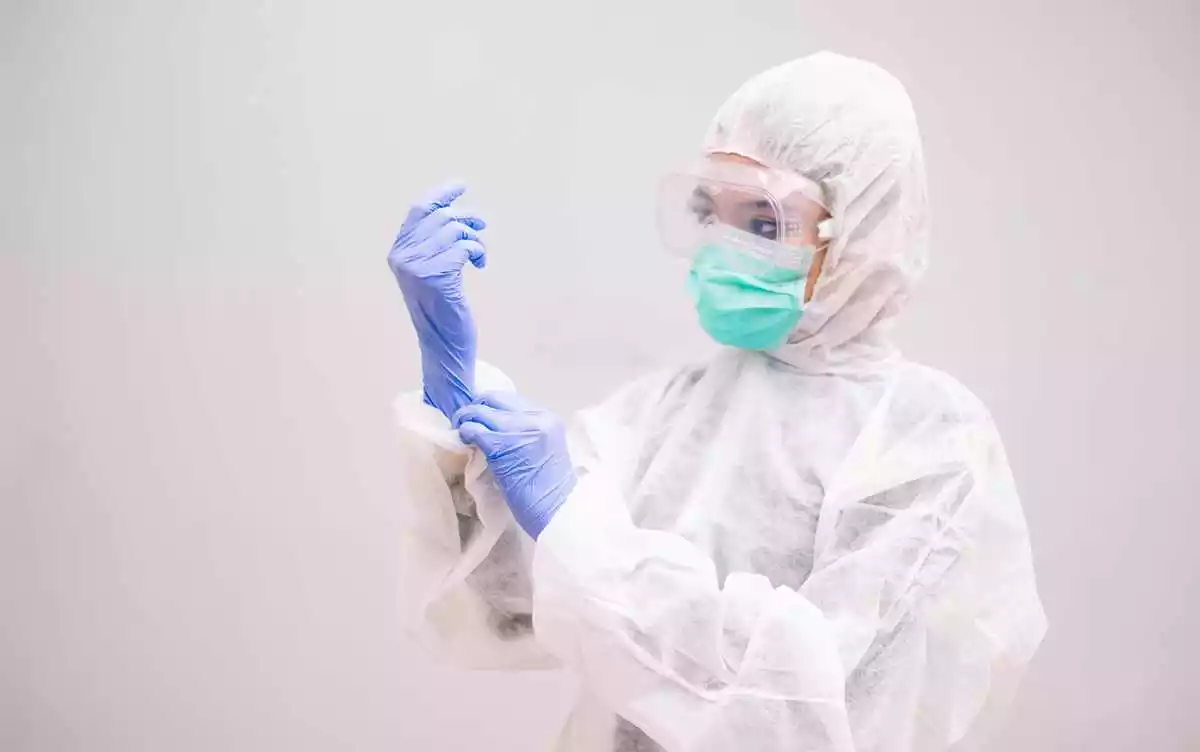
The World Health Organization (WHO) has announced that clinical trials with hydroxychloroquine are being resumed with the aim of finding a treatment or a vaccine against COVID-19. Last week, the trials were halted because it was feared that the drug would lead to increased heart disease and risk of death.
An article published in 'The Lancet' magazine advised that as a precaution all clinical trials related to this drug should be stopped because the study detected an increase in mortality due to arrhythmia among patients in a severe condition who had been treated with several high doses of this drug.
The AEMPS does not interrupt the trials
In spite of this indication, the Spanish Agency of Medicines and Medical Devices (AEMPS, for its initials in Spanish) had already decided not to interrupt the 16 trials being carried out in Spain on the use of hydroxychloroquine and chloroquine against COVID-19, according to the Spanish newspaper 'La Vanguardia'.
The director of the AEMPS, María Jesús Lamas, assured that the trials were being maintained after all the teams had analysed "the intermediate safety results" where there had been "no alarm signals".
Lamas pointed out that "no drug is harmless, but we have a great need to look for effective treatments for Coronavirus and we have to do it with impeccable trials".
Because of this study published by 'The Lancet' magazine, the branch of trials promoted by the WHO and in France had been stopped. On the other hand, work has been resumed in Washington. It is estimated that around the world there are about a hundred researches in progress.
[This is a translation of the original article "Atención: La OMS hace uno de los anuncios más importantes sobre el coronavirus" published in espanadiario.net]

